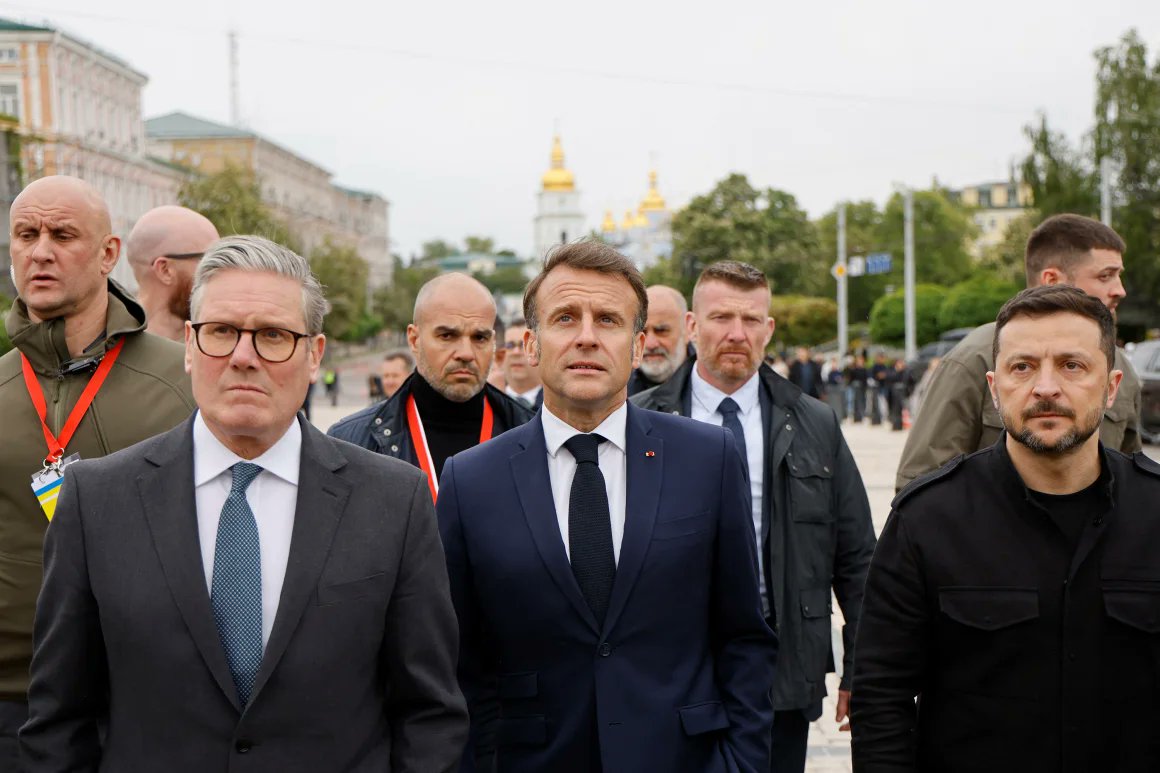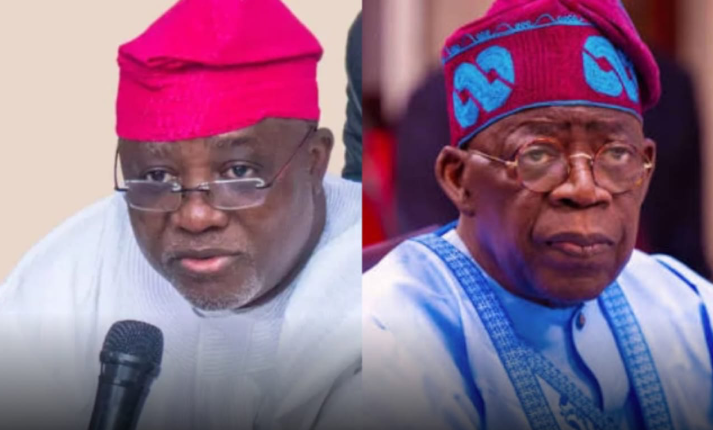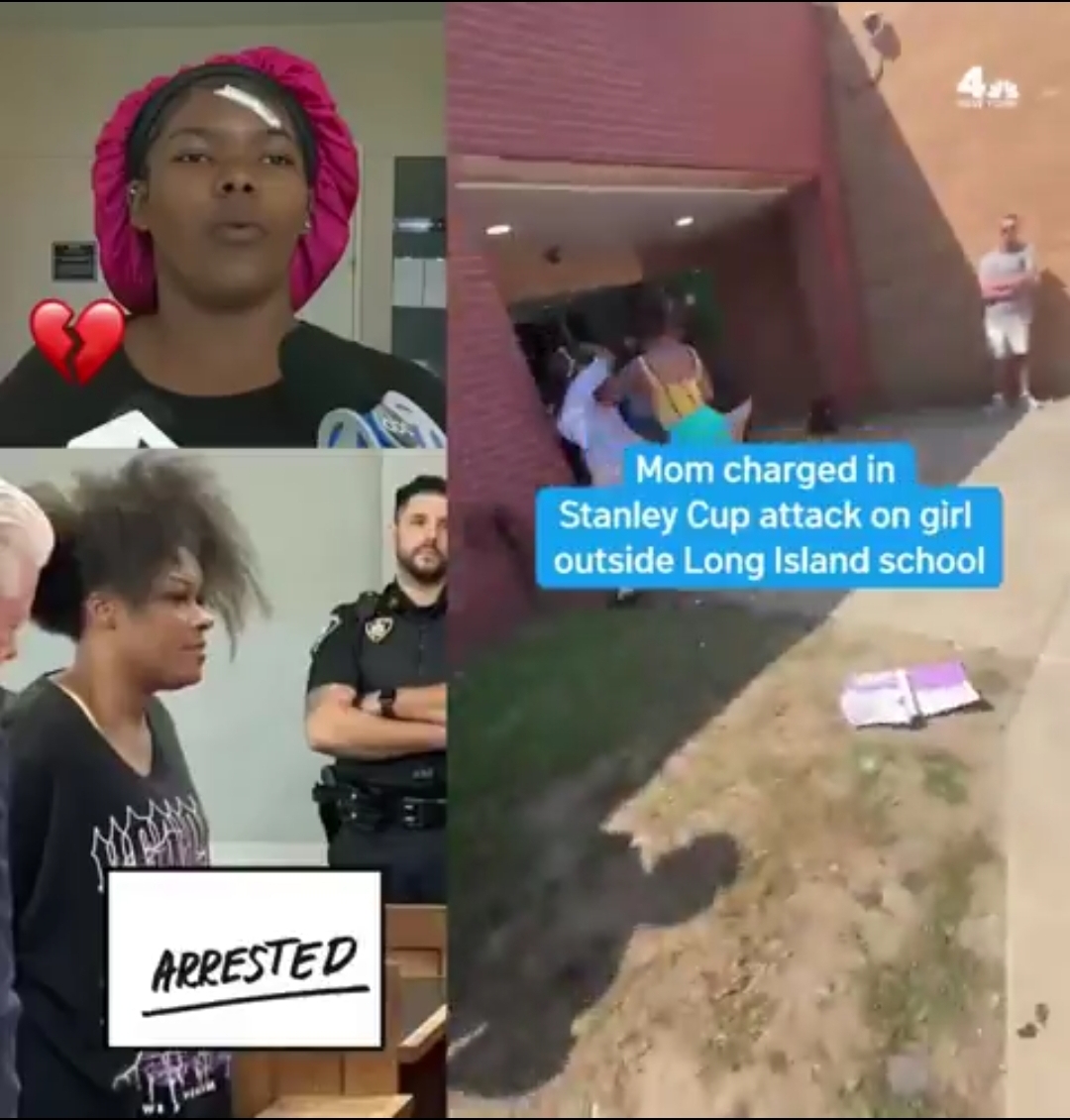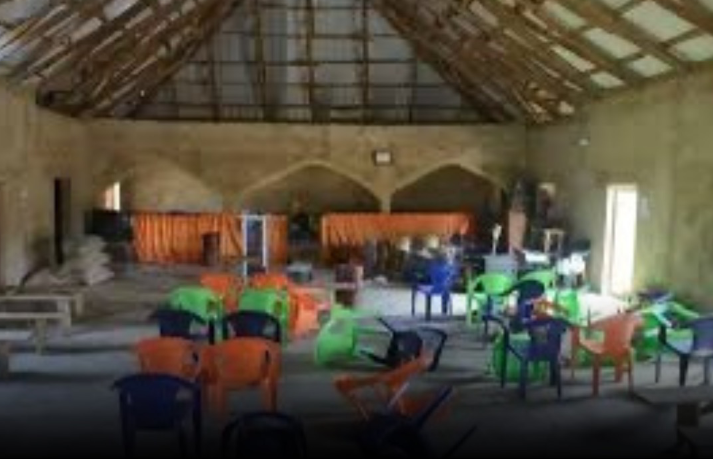
European Leaders Issue Ultimatum to Russia: Ceasefire or Face Unprecedented Sanctions
European leaders have taken a firm stance against Russia’s ongoing military actions in Ukraine, issuing a stern ultimatum that could reshape the geopolitical landscape. In a high-stakes summit, EU officials and heads of state declared that they would impose unprecedented sanctions if Russia fails to implement a 30-day ceasefire.The proposed
European leaders have taken a firm stance against Russia’s ongoing military actions in Ukraine, issuing a stern ultimatum that could reshape the geopolitical landscape. In a high-stakes summit, EU officials and heads of state declared that they would impose unprecedented sanctions if Russia fails to implement a 30-day ceasefire.
The proposed sanctions are described as the most severe ever contemplated by the EU, targeting critical sectors such as energy, finance, and technology. European Commission President emphasized that these measures would have a crippling effect on Russia’s economic stability, underscoring Europe’s commitment to ending the violence.
European Council President condemned the continued conflict, highlighting the need for a humanitarian pause. The 30-day ceasefire is seen as essential to allow the safe delivery of aid, restore disrupted services, and create a conducive environment for peace negotiations.
The EU’s proposal comes amid escalating violence that has devastated communities, overwhelmed hospitals, and left countless families displaced. With infrastructure in ruins and humanitarian efforts stalled, the situation is rapidly deteriorating, prompting Europe to demand decisive action.
Political analysts suggest that Europe’s firm stance is a significant escalation in its response to the conflict. Previous sanctions have not succeeded in halting Russian advances, but the new package is designed to directly impact key economic lifelines, pressuring Moscow to reconsider its aggressive stance.
Despite the clear threat of economic repercussions, some experts believe Russia may resist complying with the ceasefire. Past dismissals of international pressure indicate that Russia could choose to endure economic hardships rather than relinquish its strategic objectives in Ukraine. Nevertheless, European diplomats remain cautiously optimistic, hinting at backdoor communications aimed at persuading Russia to reconsider.
The United Nations has echoed Europe’s calls, emphasizing the global need for a ceasefire to prevent further loss of life. Humanitarian groups are ready to respond, but without a cessation of hostilities, aid efforts remain perilous.
Critics have questioned whether sanctions alone are sufficient to bring about peace, noting that Russia’s determination may outweigh economic considerations. However, public opinion in Europe increasingly favors stronger action, with protests demanding accountability and solidarity with Ukraine.
As the deadline approaches, the world watches to see whether Europe’s ultimatum will break the stalemate or prompt further conflict. If Russia disregards the ceasefire demand, the EU’s sanctions are set to deliver a severe blow, potentially altering the course of the conflict. Europe’s determination to uphold peace is clear, but the road to resolution remains uncertain, fraught with challenges and potential consequences.
Share this post
Related Posts

“Tinubu Didn’t Remove Fuel Subsidy, He Only Announced Its Death” — APC Chieftain Sparks Fresh Debate
A fresh wave of controversy has been stirred in Nigeria’s already heated economic discourse following...

Long Island Mother Arrested for Brutal Stanley Cup Attack on 14-Year-Old Student Outside High School
In a shocking incident that has rattled the Brentwood community on Long Island, a 35-year-old...

Miracle in Kurmin Wali: 80 Abducted Worshippers Escape Bandits’ Den as 86 Remain in Captivity
A wave of cautious relief has swept through Kurmin Wali village in Kajuru Local Government...